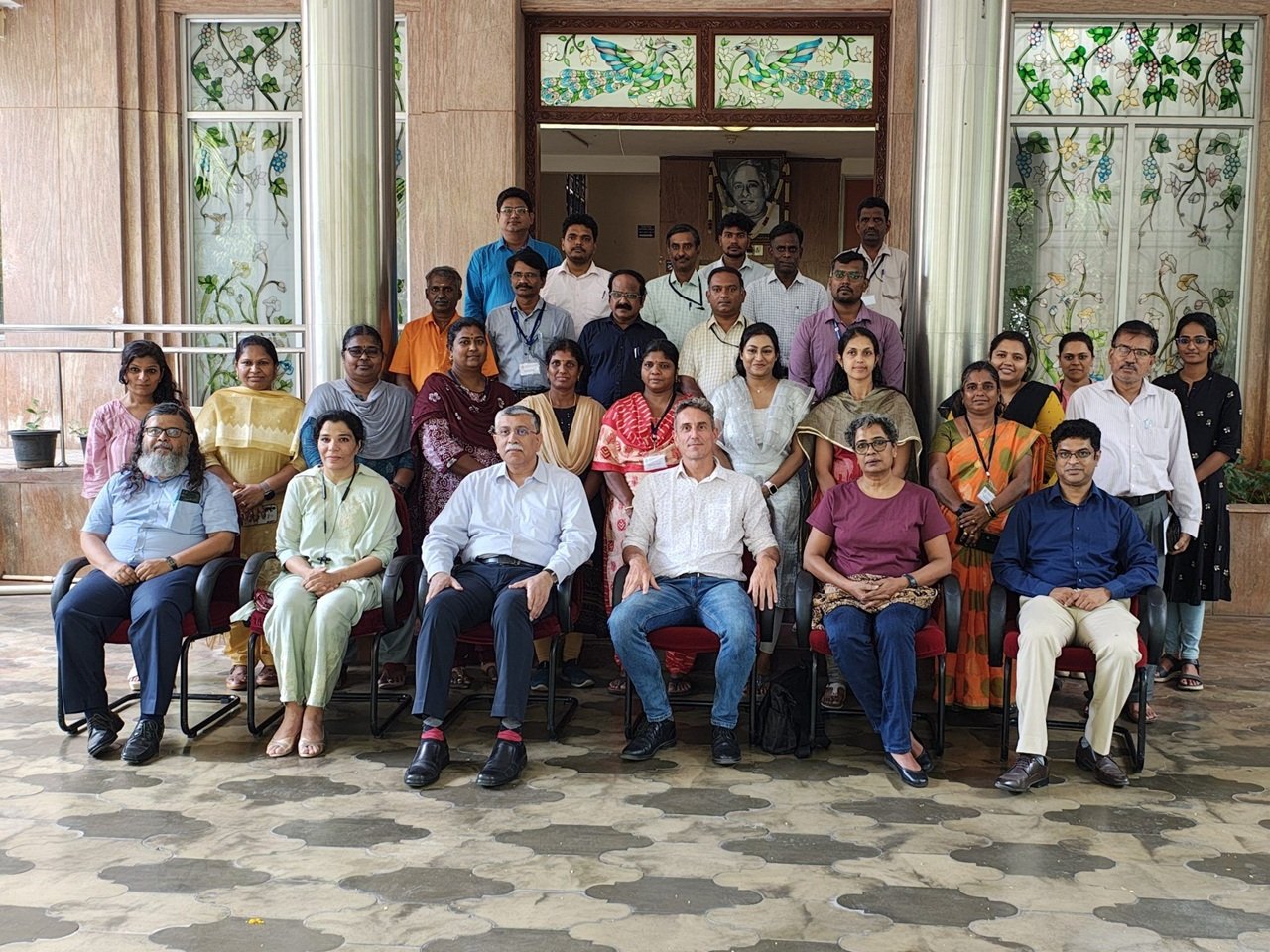From 25–27 June 2025, a training program on heat adaptation through passive and ecosystem-based cooling approaches was held at the Anna Administrative Staff College in Tamil Nadu, India. Organized by the United Nations Environment Programme (UNEP) Cool Coalition and the Swiss Agency for Development and Cooperation (SDC), the initiative aimed to equip state officials with tools to address rising urban temperatures.
Chennai, home to over 12 million residents, faces increasingly intense heat waves due to urban density and shrinking green cover. The training emphasized integrating climate-responsive design, green infrastructure, and low-carbon materials to mitigate the Urban Heat Island effect and improve public health outcomes.
Sessions included expert inputs from Prof. Rajan Rawal of CEPT University on urban heat drivers and mitigation tools, and Ms. Aarti Nain, Advisor to the UNEP India Urban Cooling Program, who highlighted national policies such as the India Cooling Action Plan. Architect Suhasini Ayer and Prof. Durganand Balsavar contributed to discussions on thermally comfortable building design using cost-effective, sustainable materials.
Participants also visited case sites in Auroville, including the Humanscapes project and Revelation Forest, to observe passive cooling and afforestation practices. Policy discussions addressed the need for region-specific building codes, integration of green spaces, and the role of community networks in climate resilience.
The training forms part of the BeCool project, supported by the Swiss Agency for Development and Cooperation, to promote scalable cooling solutions through planning, policy, and demonstration projects across Tamil Nadu and other Indian states.
Source
